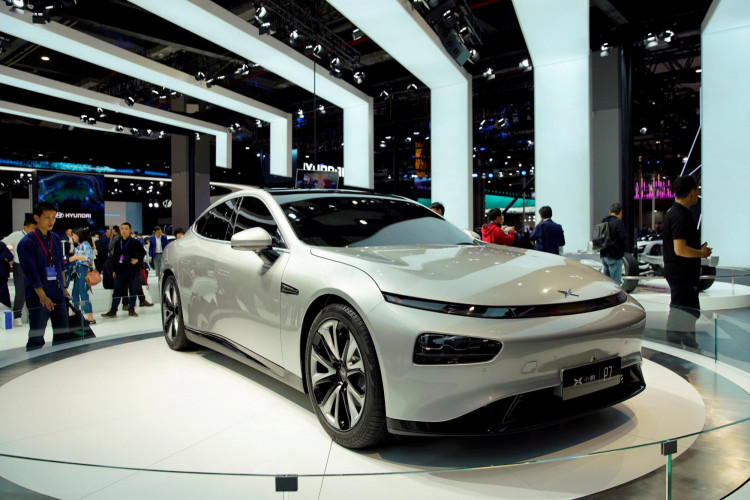Xpeng Motors has joined the ranks of other Chinese companies in their foray into the U.S. stock exchange, with an initial public offering size of $100 million. The move follows competitor Li Auto Inc's listing, which secured more than $1 billion in July this year.
The Chinese electric-vehicle company filed with the U.S. Securities and Exchange Commission on Friday as "XPeng Inc" and declared its initial valuation, a placeholder that could still be revised.
This year's robust increase in prices of shares from electric vehicle giant Tesla Inc and Chinese group NIO has made investing in electric cars more appealing, with investors shelling out more money, indicating that interest in the business is growing as well.
Li Auto has beefed up its IPO and has rallied more than 60 percent since, raising its valuation three-fold before joining NASDAQ on July 30. With Alibaba and Xiaomi Corp as major backers, Xpeng wants to capitalize on the fervor in the booming electric vehicle market even as China and the U.S. have been at loggerheads with a variety of issues.
The Abu Dhabi sovereign wealth fund Mubadal and Qatar Investment Authority are Xpeng's two other major backers. Mubadal has put up $100 million for Xpeng, while QIA shared $100 million, Xpeng disclosed in a prospectus. Alibaba Group invested $215 million.
Xpeng, led by chief executive officer He Xiaopeng, has sold more than 20,000 electric cars. It has two manufacturing plants in China.
Xpeng, founded in 2014, had already secured around $900 million from investors before it was given the green light by the New York Stock Exchange to trade. The money it raised from its latest funding round was on top of a $400 million it raised in November.
According to sources, the decision by Xpeng to join Wall Street even as China-U.S. ties have soured is mainly due to the vast financial resources available on the exchange. New York, compared to China, is more liquid, especially to newly-formed businesses.
Xpeng will now be subject to the policies on accounting audits by American regulators now that it is listed as a U.S. entity. That means allowing inspectors to examine its ledgers or else be subject to delisting under laws approved by the U.S. Senate.
Tesla's aggressive campaign to ramp up production has put pressure on local Chinese EV manufacturers. As government funding has been cut in China, the biggest electric vehicle market in the globe so has demand. With the capability to compete internationally, Chinese car makers are now going public, unfazed by the risks of an ongoing pandemic that continues to roil the global economy.






